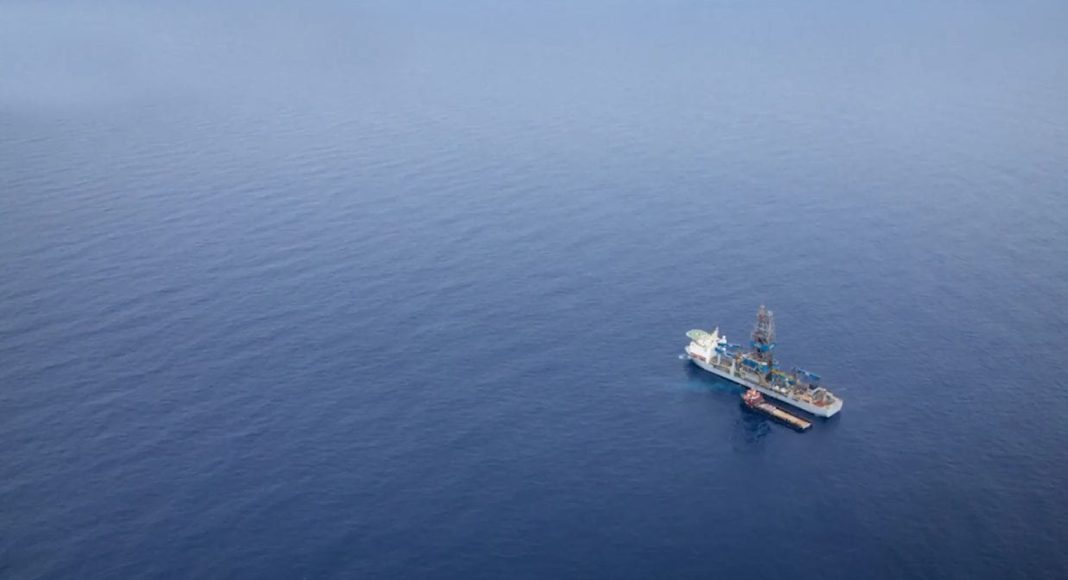The World Wildlife Fund (WWF) is calling for a full environmental and social assessment of Guyana’s oil and gas development, warning that dire consequences could be met if the South American country fails to take such steps.
“Having taken note of the recent controversies surrounding the clearing of mangroves along the West Bank of the Demerara River, WWF-Guianas reiterates its call for a full environmental and social assessment of the growing oil and gas sector, granted that the strategic decision has been made regarding its development,” the NGO said in a press release on Saturday.
Such an assessment, WWF said, will give decision-makers and the public-at-large an objective view of the range of impacts from the industry that has already begun to transform the country.
“Environmental and Social Impact assessments, done at a project, sector or policy level provide a strong and objective means to help stakeholders to better understand issues that will affect them, their communities and the environment to which they are connected,” WWF said. “It engenders the sharing and objective debate and can lead to the co-creation of long lasting and sustainable solutions that are less costly and less conflicting. Given the issues involved, this assessment should be done at the strategic and sectoral level.”
U.S. oil major ExxonMobil has found more than 9 billion barrels of oil equivalent resources offshore Guyana since 2015 and is developing vast oil fields off the country’s coast. So far, Environmental Impact Assessments (EIA) have been done for the Liza Phase 1, 2 and Payara Developments, in keeping with requirements of the Environmental Protection Agency (EPA). An application has also been made to the EPA for Environmental Authorisation for a fourth project at Yellowtail.
WWF said its call for a full environmental and social assessment of the oil and gas operations comes at a time when some developers in the industry are demonstrating low interest in keeping to their promises and acting in good faith at the very least, and at times, even flouting the nation’s laws.
“In the case of the mangrove clearing, the developer seems to have cleared more mangrove forest than was in the proposed plan used in its application for an environmental permit. Why mangroves should be protected is obvious, and their destruction must not be accepted without great deliberation as to the costs versus benefits to society,” WWF said. The NGO explained that mangroves protect the coastline and riverbanks in Guyana, connecting saltwater from the ocean to the freshwater produced by rivers, and play an integral role in supporting the country’s rich biodiversity.
“But beyond the specific issue of mangroves and shore base development, the full development programme for offshore oil and gas production is yet to be known, and as such it is difficult to anticipate and plan ahead for these impacts,” the NGO said. It pointed out that while a few may have a grasp of the issues, the average person has little chance to engage on most of these matters in a fact-based or rational manner.
The reality is that the oil and gas sector will cause double-figure GDP growth over the next few years, starting from a growth rate of 43.5% in 2020 according to CARICOM,” WWF stated. “However, Guyana faces the reputational risk over the perception that it is forsaking a low-carbon and sustainable future through the way it is embracing the oil and gas industry.”
In support of this perception, WWF said the country’s carbon emissions have increased as a result of gas flaring and it has now become a carbon emissions exporter as a result of the offshore oil and gas development.
“People need to be aware and fully engaged on such a mammoth transformational development that will make Guyana the biggest per capita petro-producer in the world in a few years’ time,” WWF said. It pointed out that a well- structured, transparent, and equitable mechanism is needed for the country to have any chance to ensure that the oil and gas sector does not destroy its society “as has happened in most other oil producing developing countries, much less to ensure Guyana’s continued commitment to a low- carbon and sustainable future.”
It warned that the next generation should not be left with untold economic, social, and environmental burdens which has occurred elsewhere.
“WWF welcomes the just released announcement that ExxonMobil and its partners CNOOC International Ltd and Hess Corp. will have to pay US$30 per tonne of CO2eq that they release from unregulated gas flaring from their offshore operation,” the NGO said. “We also welcome the stricter enforcement of planning permits and application of the law on specific project developments related to this new sector of the economy. These are good specific steps, but the issues are much bigger.”
WWF said it continues to be committed to working with government and other stakeholders to mainstream sustainability in Guyana’s development efforts and help to reduce the environmental impact and protect sensitive habitats that will be irrevocably damaged by the oil and gas industry.



